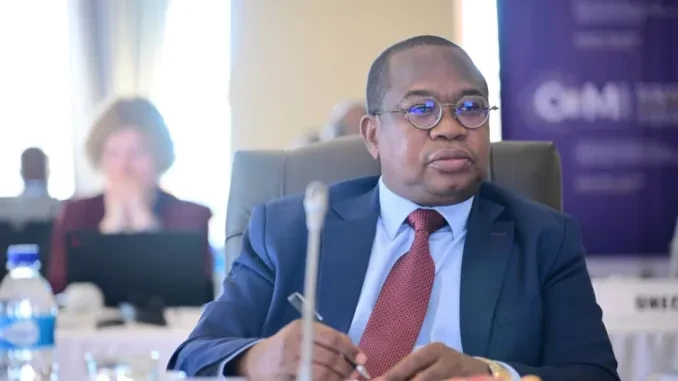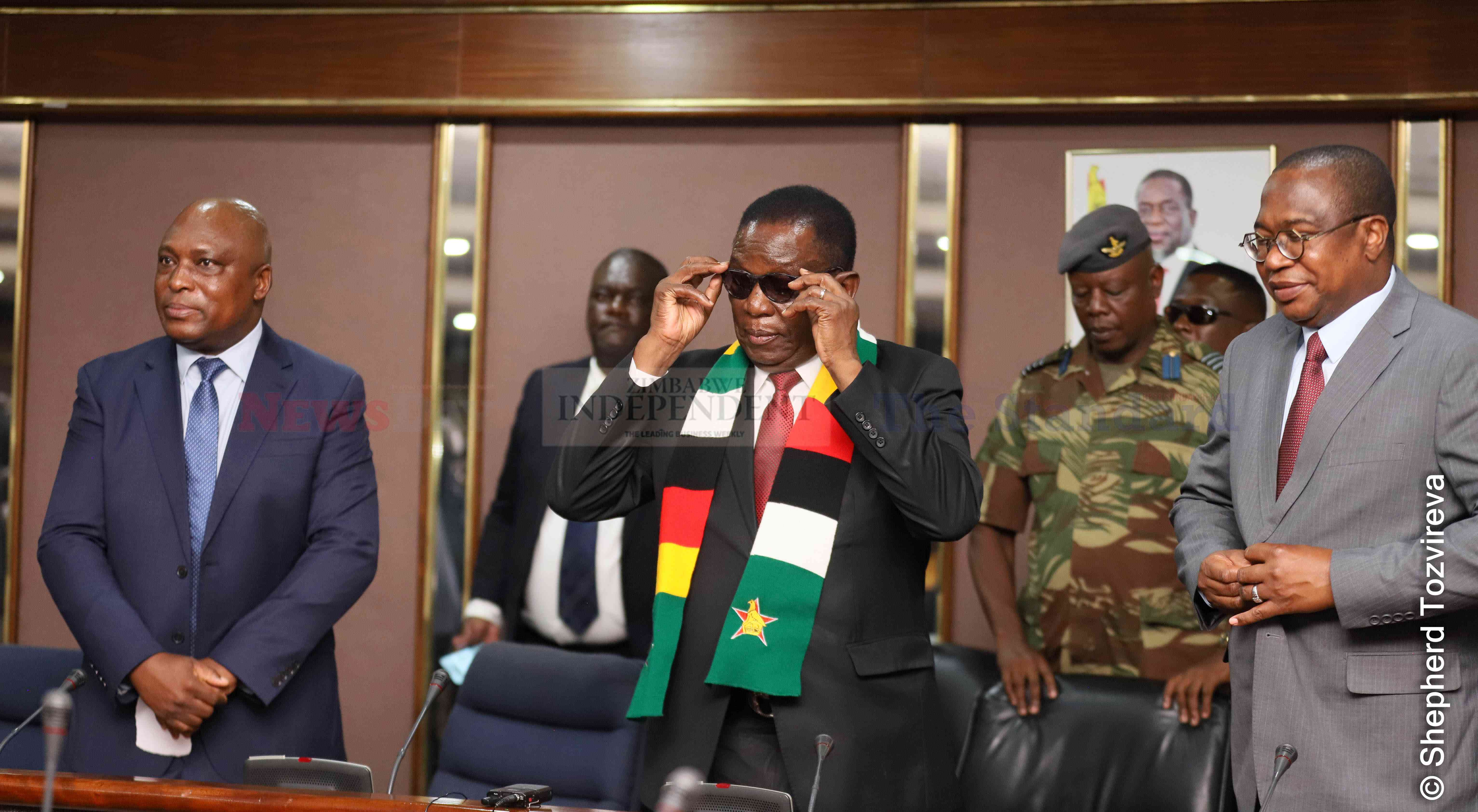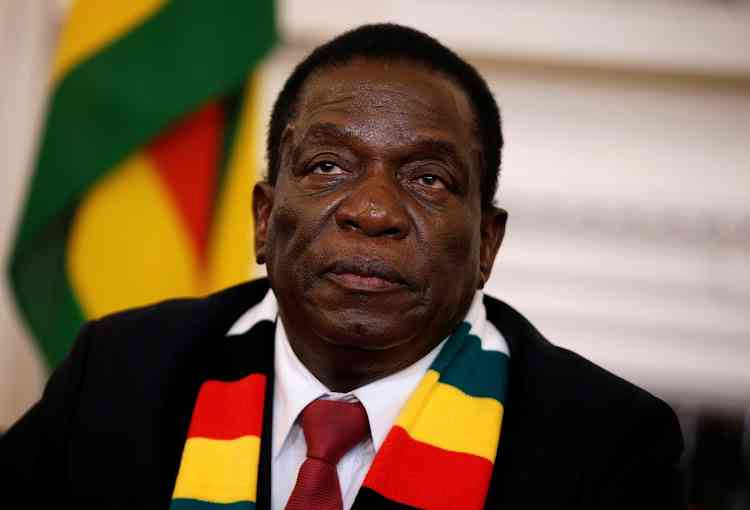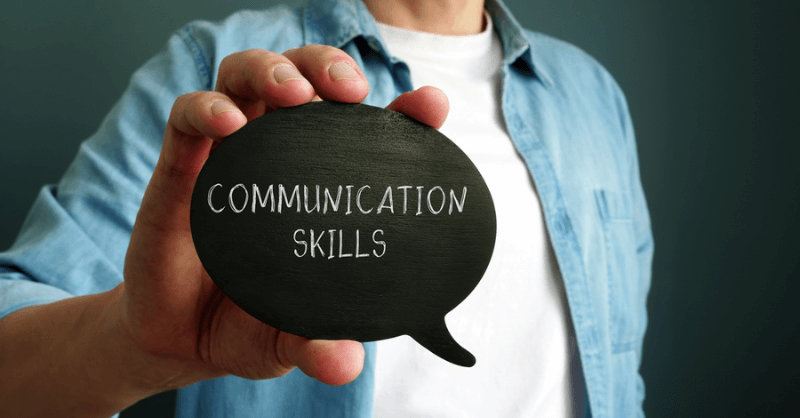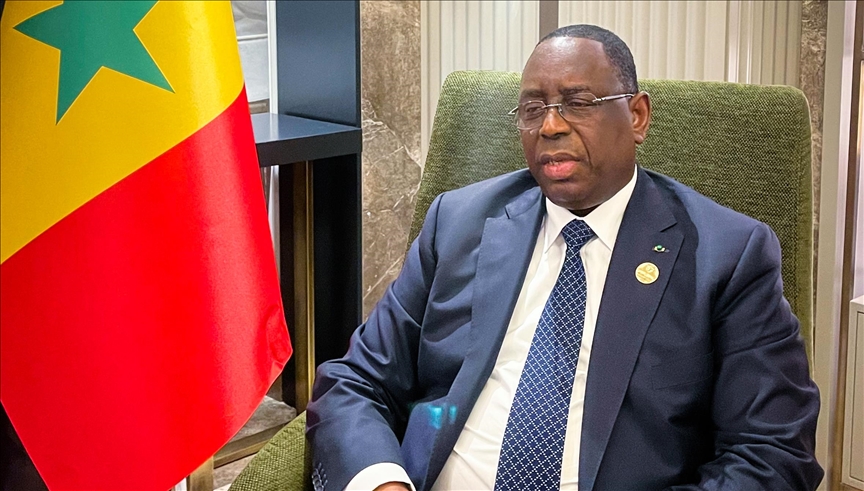
By Tapiwa Gomo
THE current Chairman of the African Union (AU), Senegalese President Macky Sall called on African leaders to set up the continent’s own credit rating agency to counter subjective rating by western financial organisations.
He was addressing the Economic Commission for Africa’s 54th Conference of African Ministers of Finance, Planning and Economic Development which took place between May 11 and 17 in Dakar, Senegal.
Sall told delegates at the conference that “explaining underdevelopment in Africa is very simple. The rules set up by international institutions have put us in a straitjacket … The rules are unfair, outdated, and need to be disputed. It is time for Africa to speak out. The voices should not just be those of leaders, but of finance ministers and others affected by a system that works against the continent. We must look for innovative solutions.”
This is the right way to go, but one wonders why it has taken this long for African leaders to realise that those who control knowledge and govern the minds, prescribed the course of action.
One hopes that this will not end up as one of those rhetorical concerns, but one that will be implemented as part of changing the African-Western relations.
The baseline for this realisation is simple. Colonisation was about wealth accumulation by the west.
African independence was a structured way of retaining economic control over former colonies, while handing over powerless political positions to black leaders.
- Chamisa under fire over US$120K donation
- Mavhunga puts DeMbare into Chibuku quarterfinals
- Pension funds bet on Cabora Bassa oilfields
- Councils defy govt fire tender directive
Keep Reading
That Africa has more dictators than any other continent is evidence that they have nothing else to manage other than their people.
Their people have nothing else to focus on than their leaders.
Their economies are not allowed to grow because doing so would disrupt western control and ownership over African raw materials.
Part of ensuring western control remains righteously omnipotent is to use knowledge which seems neutral via technical institutions such as the World Bank, International Monetary Fund as well as Western-funded civil society organisations.
When Western countries are not in favour of policies of a sitting African leader, they start with the human rights, good governance and democracy rating before making economic rating.
These two combined will be sure enough to scare away investors not because of a bad situation, but fear of sanctions by the Western countries.
These together will result in domestic political instability which allows Western interference in determining future leadership.
For these reasons, Sall is right in noting “the need to have a pan-African rating agency in the face of injustices, ratings that are sometimes very arbitrary. In 2020, while all economies were suffering the effects of COVID-19, 18 of the 32 African countries rated by at least one of the major rating agencies had their ratings downgraded. This represents 56% of downgrades for African countries compared to a global average of 31% during the period.”
The objective of these rating is to send African governments into panic mode and to pressure them to lower trading conditions in favour of Western investors.
And there is credence in Sall’s call for the “need to guard against the continuing consequential strangle of the rating agencies, which has affected the costing, access to capital markets for African countries.”
Once the panic button is pressed and the leadership goes into emergency mode, it means cheap or free access to all sorts of markets by Western investors in the name of economic recovery programmes which are historically known for being corrosive and not beneficial to Africans.
Western countries have been able to maintain their global hegemonic power through the use of technical knowledge via what seem to be neural organisations.
They have maintained a strong hold on political, economic, technology, health, military and other vital knowledge frames to the extent that they are a point of reference on most of these.
Technically, there should be no harm if knowledge is used for apolitical purposes, but that has not been the case.
They have understood that how a problem is defined, prescribes a solution.
They have also learnt that those who define the problem, prescribe the solution and that gives them excessive power to prescribe the course of action to address the problem.
For example, the perception of investment risk in Africa by western agencies has remained higher than the actual risk.
Some of the risks are perceived — do not exist — and are only designed to either scare investors or to keep African leadership under some form of pressure.
When COVID-19 first emerged, there was a perception that it would kill millions of people.
Every election is perceived as a threat to investment.
The net effect of these is to either foment political instability by impoverishing people or weaken governments while seeking political compliance to the conditions prescribed by western institutions.
While Sall’s statement is shaping the narratives towards the right direction, it remains to be seen how the African Union (AU) will implement these ideas independent of foreign funding.
One of the major challenges faced by the AU is the unwillingness by its members to fund its institutions and ideas.
And external forces are very much aware of this and they come in with generous funding and any other technical support.
At least 70% of its budget is funded from outside. At the top of its donors are partners such as Canada, China, Germany, Spain, Sweden, the Netherlands, the United Kingdom, the United States and Turkey, as well as the World Bank and European Union.
- Tapiwa Gomo is a development consultant based in Pretoria, South Africa. He writes here in his personal capacity.

